Water Pollution and Its Smart Purification Process
Everyone knows the importance of water and if there is no water there won’t be any life on Earth. Water is necessary for almost all the household purposes such as cooking, washing clothes, and cleaning utensils. Though everyone knows that water is essential for a healthy life, they knowingly or unknowingly contribute to water pollution. Some of the major rivers in India such as the Ganga and Yamuna are the most polluted rivers in India. In addition to man-made activities that are sources of water pollution in India, natural causes like volcanic eruptions, earthquakes, Tsunamis, etc. are also accountable for the same. Water pollution has become a serious problem and it is increasing at an alarming rate. The reasons that explain how water gets contaminated are mentioned below:
Sources of Water Pollution
There are different sources of water pollution in India and some of these are mentioned below.
1. Domestic Water Wastage
Water is the most precious resource on earth. It is a necessity for life. Our daily activities such as drinking, cooking, washing etc require water. However, it is imperative to treat wastewater before it is discharged into surface water or groundwater bodies. Wastewater treated at home has a significant impact on the environment and health of people living in that area.
The wastewater from domestic sources is called Domestic Wastewater which usually contains relatively small amounts of contaminants but even small amounts of pollutants can make a big impact on the environment
2. Dumping of Industrial Wastes
Water pollution has many sources. The most polluting of them are the city sewage and industrial waste discharged into the rivers. Industrial waste is defined as waste generated by manufacturing or industrial processes. The types of industrial waste generated include cafeteria garbage, dirt and gravel, masonry and concrete, scrap metals, trash, oil, solvents, chemicals, weed grass and trees, wood and scrap lumber, and similar wastes. Industrial solid waste – which may be solid, liquid or gases held in containers – is divided into hazardous and non-hazardous waste. Hazardous waste may result from manufacturing or other industrial processes. Certain commercial products such as cleaning fluids, paints or pesticides discarded by commercial establishments or individuals can also be defined as hazardous waste.
3.Agricultural Effluents
Agricultural effluent is a term that includes wastewater and washdown from dairysheds, piggeries and other places where livestock are kept in large numbers. In our regional plans, agricultural effluent is defined as “treated and untreated effluent collected during the management of livestock”
A dairy farm can produce a lot of wastewater. This wastewater is usually discharged into the environment through cesspits or septic tanks, which can contaminate surface waters with nitrates and bacteria.
Agricultural runoff can also pollute waterways by killing fish eggs and larvae that live in rivers or streams.
4. Radioactive Wastes
Radioactive waste is the byproduct of nuclear power generation. Like all industries, the generation of electricity produces waste. Whatever fuel is used, the waste produced in generating electricity must be managed in ways that safeguard human health and minimize the impact on the environment.
For radioactive waste, this means isolating or diluting it such that the rate or concentration of any radionuclides returned to the biosphere is harmless. To achieve this, practically all radioactive waste is contained and managed, with some clearly needing deep and permanent burial. From nuclear power generation, unlike all other forms of thermal electricity generation, all waste is regulated – none is allowed to cause pollution.
5. Thermal Pollution
When someone thinks of pollution, the idea of thermal pollution often doesn’t come to mind. People will first think of things like carbon emissions, personal pollution and waste, and a variety of other changing factors. However, thermal pollution is a real and persistent problem in our modern society. In layman’s terms, thermal pollution is when an industry or other human-made organization takes in water from a natural source and either cools it down or heats it up. They then eject that water back into the natural resource, which changes the oxygen levels and can have disastrous effects on local ecosystems and communities.
6. Polluted Ground Water
We throw a lot of biodegradable and non-biodegradable waste on the ground, which becomes the natural cause of water pollution. These waste materials are washed away by rainwater and contaminate the water bodies. Non-biodegradable wastes like plastic products, metal cans, tin, etc. get collected either on the ground or in rivers, thereby polluting both surfaces. On the other hand, the biodegradable waste gets absorbed by the ground, thereby polluting the groundwater.
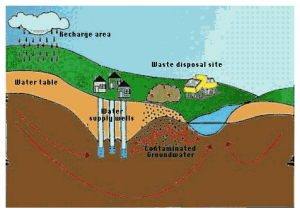
Farm Water (Pesticides) Run-offs
Insecticides and other fertilizers are used to protect crops from harmful insects and bacteria. Though such chemicals are used for plants, these can increase the risk of water pollution. As a result, the lands near farms and other agricultural zones are always found to be contaminated by chemical fertilizers and pesticides. The pesticides, insecticides, and other fertilizers used by the farmers are washed away by rainwater during the monsoon. The pesticides and insecticides washed down by rainwater are absorbed by the groundwater and major water bodies, thereby leading to groundwater pollution.
How to Make Water Safe for Drinking At Home?
Considering the increasing levels of water pollution and the risk of waterborne diseases, drinking safe water is a necessity and not an option. Now the common question that people sometimes ask Is Boiling the best way to purify water? Boiling water can no doubt kills the micro-organisms and vaporizes the chemicals but, the disadvantage is that it cannot remove the heavy metals and other dissolved solids. This is the reason why you need to install a water purifier that uses advanced purification technologies to remove impurities in water. The best water purifier in India guarantees that water is free from contaminants and safe for consumption.
What Are The Different Methods Of Purifying Water Before Drinking?
Now the question is what are the different methods that you can use at home to purify the supplied or tap water? Water filtration can be done either in a traditional way or by applying modern purification technology.
Traditional ways of purifying water
There are different traditional methods of purifying water that includes
- Boiling
- Sand filters
- Ceramic filters
- Charcoal filters
No doubt the traditional methods are cost-effective means of purifying water, but these methods don’t deliver completely pure and potable drinking water.
Modern Ways of Purifying Water
RO, UV, and UF are the best and most advanced purification technologies available today. These purification technologies can perfectly remove impurities such as chemicals, dissolved solids, and micro-organisms from water and make it safe for consumption. Here’s a brief description of all the purification processes. 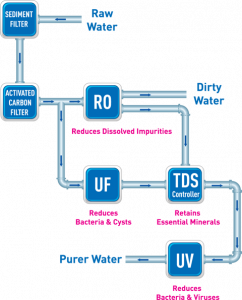
Reverse Osmosis Purification
RO purification is the most advanced water filtration method. The filtration processes use an RO membrane to remove dissolved salts, impurities, and germs from the water. The membrane has fine pores that trap germs and dissolved chemicals present in water and allows only purified water to pass through it. Though RO water is harmless for consumption, many people are skeptical about the quality and have the following questions in mind:
UV Water Purification
The next method on our list is the UV filtration process. In this process, the water passes through a chamber where it gets exposed to Ultraviolet light, which deactivates the micro-organisms in water and makes it safe for consumption.
UF Water Purification
The third on the list is the UF purification process. It uses a membrane that is similar to RO but has a bigger pore size. The membrane effectively removes physical impurities including pathogenic organisms and turbidity. It can also remove germs and bacteria from water thereby making it fit for consumption.
What is the difference between the UV and UF Purification methods?
Both UV and UF use different purification techniques to remove impurities from water and make it safe for consumption. Some of the differences in both the purification methods are mentioned below.
| UV Water Purification Method | UF Water Purification Method |
| Requires electricity | No electricity required |
| Requires running water or inlet water connection (running water tap) | Doesn’t need a continuous supply of water |
| Deactivates waterborne disease-causing bacteria, viruses, and pathogens | Blocks and removes bacteria and viruses |
| Doesn’t remove mud or turbidity | Highly capable of removing mud and turbidity in the water |
| Requires optimum pressure to filter the water | No optimum pressure is required as it works on gravity |
Which is the best RO or UV water purifier?
If you compare between RO and UV water purifiers, both are best in their own way. RO water purifier is used where the TDS level of water is high and a UV purifier is used when the TDS level of water is low. The purifier with RO technology can remove all the impurities present in water including dissolved chemicals, pesticides, hard natural salts, etc. On the other hand, a UV purifier comes with a high-power UV lamp that deactivates all the harmful pathogens and waterborne disease-causing bacteria, viruses, and other micro-organisms.
Now that you have understood the basic difference between both the water purifiers, you can pick the best model of your choice. Make sure that you check the TDS level, and the water quality before selecting a water purifier.
How are KENT Water Purifiers Efficient?
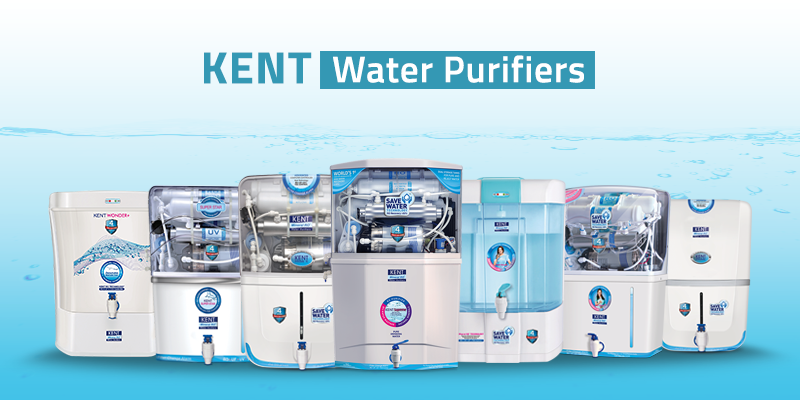
KENT has a wide range of water purifiers that have cutting-edge technology and smart purification process. To cater to the need of thousands of people, the company has introduced RO+UV+UF water purifiers. These water purifiers are perfectly designed and added with the latest purification technology to ensure that you drink pure and clean water. The purifiers can remove lead, mercury, arsenic, and other impurities, from the water to make it suitable for use. In addition to this, the RO-based water purifiers are also added with a TDS controller that holds the ability to retain the essential minerals in purified water and make it fit for drinking. Check the complete Price list of RO water purifiers and pick the best one of your choice. Purchase the water purifier now to keep yourself, and your family free from waterborne diseases.
FAQ
Q1. Is RO water safe to drink?
Yes. RO purification method removes all kinds of impurities- chemical, biological impurities, and dissolved solids present in your water, making it safe for consumption.
Q2. What is the pH level of RO water and is it healthy to drink Reverse Osmosis Water?
This is another common question that most people ask. RO water has a pH between 5 and 7. As the pH level of RO water is not only neutral but also free of all contaminants it is completely healthy and safe to use an RO purifier.
Q3. Is UV Treated water harmful?
UV purified water is completely safe to consume water. The reason is the purification process deactivates all the micro-organisms including bacteria, viruses, and cysts from water to provide germ-free water.
Q4. Is UF Water Purifier capable of removing bacteria?
The pore size of the UF membrane ranges from 0.01 microns to 0.1 microns. The membrane can remove all the Bacteria, Viruses, Cysts, and other microorganisms from the water.


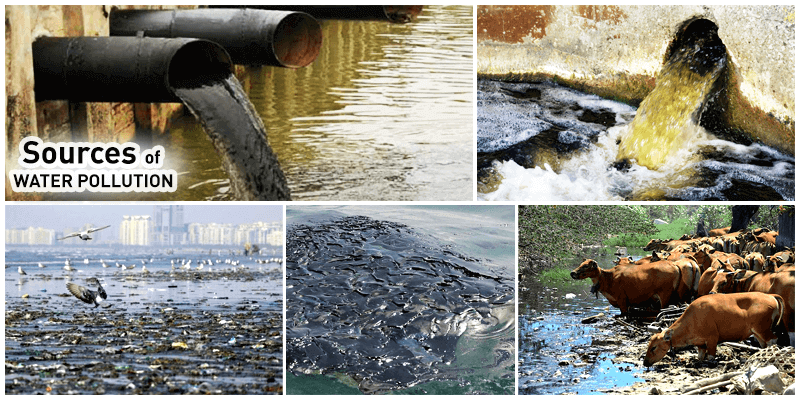
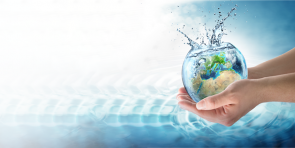

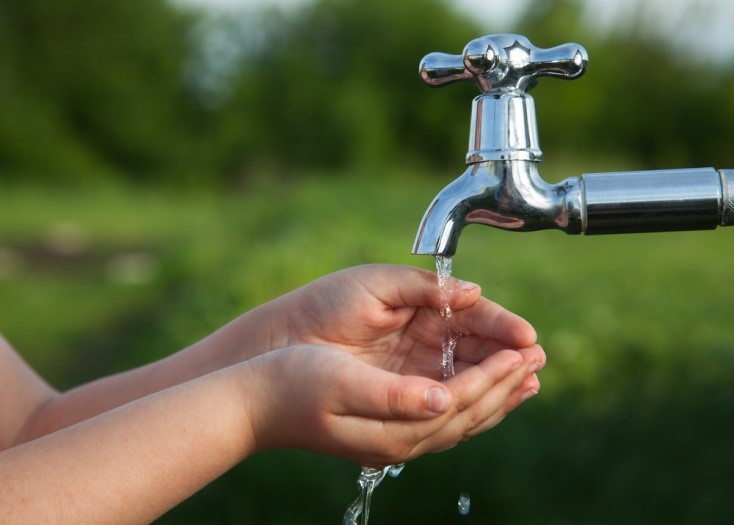
I am planning to buy a water purifier. My objective is to remove all poisonous chemicals that are harmful to health, as we are using the public water supply which is taking from the river in the industrial area. So a lot of industrial wastes and pesticide are included in this water.
I understood that RO process removes only dissolved salts and ordinary chemicals and not Various types of industrial pollutions and pesticides in a sufficient manner. So suggest which model will satisfy this demand.
Hi Sajan,
Thanks for writing to us. We would recommend you to get the water quality in your area tested. This will help you know impurities present in water and choose a purifier that best suits your needs. You can get the water quality tested for free. Just call us on +91-9582123456 or mail us on onlinecare@kent.co.in Our experts will get in touch with you. You can also click here to get free water testing at your home.
Hi Sajan, thank you for showing interest in our product. Please call us at 9582123456 for product details and more information. Alternatively, you may visit the below link:https://www.kent.co.in/water-purifiers/ro/ You may also share your complete details (contact number and address with pin code) at onlinecare@kent.co.in so that our sales executive will contact you.